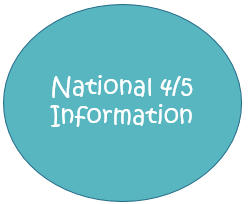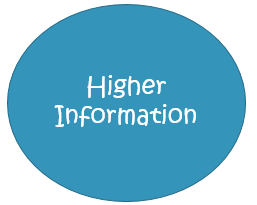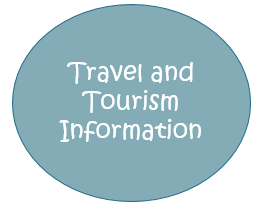
Teachers- Mrs McNeill (PTPS) & Mrs Wakefield
Most students think that geography is memorizing the names and locations of countries, cities, capitals, rivers, etc. But geography is so much more than that. In a nutshell, Geography answers the question “What is where and why?”
Geography is the study of Earth’s landscapes, peoples, places and environments. Geography is unique because it links the social sciences (human geography) with the natural sciences (physical geography). Human geography examines the dynamics of cultures, societies and economies, and physical geography examines the dynamics of physical landscapes and the environment.
Geography provokes and answers questions about the natural and human worlds, By studying Geography, pupils are able to develop a knowledge and understanding of current events from the local area to the global and investigate the earth and its peoples. We study the features of the earth – such as mountains, rivers and seas – and how they were formed and develop a range of useful skills such as map reading, data collection, ICT and problem solving. Geography helps pupils to gain an understanding and appreciation of the cultures and backgrounds of people from all over the world and the links between them.
S1
In S1 learners will experience two rotations of Geography within Social Subjects.
In the first rotation pupils focus on physical geography by learning about rivers and gain key map reading skills.
In their second rotation we will investigate the global issue of climate change and sustainability alongside the Global Development Goals.
S2
In the first rotation pupils focus on planet earth in terms of its layers, plate boundaries and the natural disasters which occur around the world.
In their second rotation learners are asked to choose from one of the following topics:
- Factfulness and Development- Exploring where people live, the differences in development and comparing different countries around the world.
- Wild weather: Investigating the weather disasters which impact on the UK and around the globe s well as why they occur.
- Tourism- Focusing on the growth of tourism and the impact if has had on the economy, environment and people.
S3
In S3 geography pupils will be learning about the following areas of the world:
Alaska- Focussing on Alaskan oil resources and land degradation of the tundra environment.
Brazil- Learning about the landscape and deforestation in the Amazon rainforest as well as comparing the shanty towns and affluent areas of Rio de Janeiro.
Scotland- Pupils will investigate the key features of cities and the changing landscape of Glasgow before moving on to Loch Lomond’s glaciated landscape, from here they will investigate the formation of features in the area and their influence on which land users can successfully work and visit the area. Lastly pupils will centre their focus on tourism in the area whilst examining the benefits and problems this land user can create.
Key Skills in Geography: OS Map reading skills, locating countries, reading graphs and charts.
Pathways in upper school, click to find out more information:



